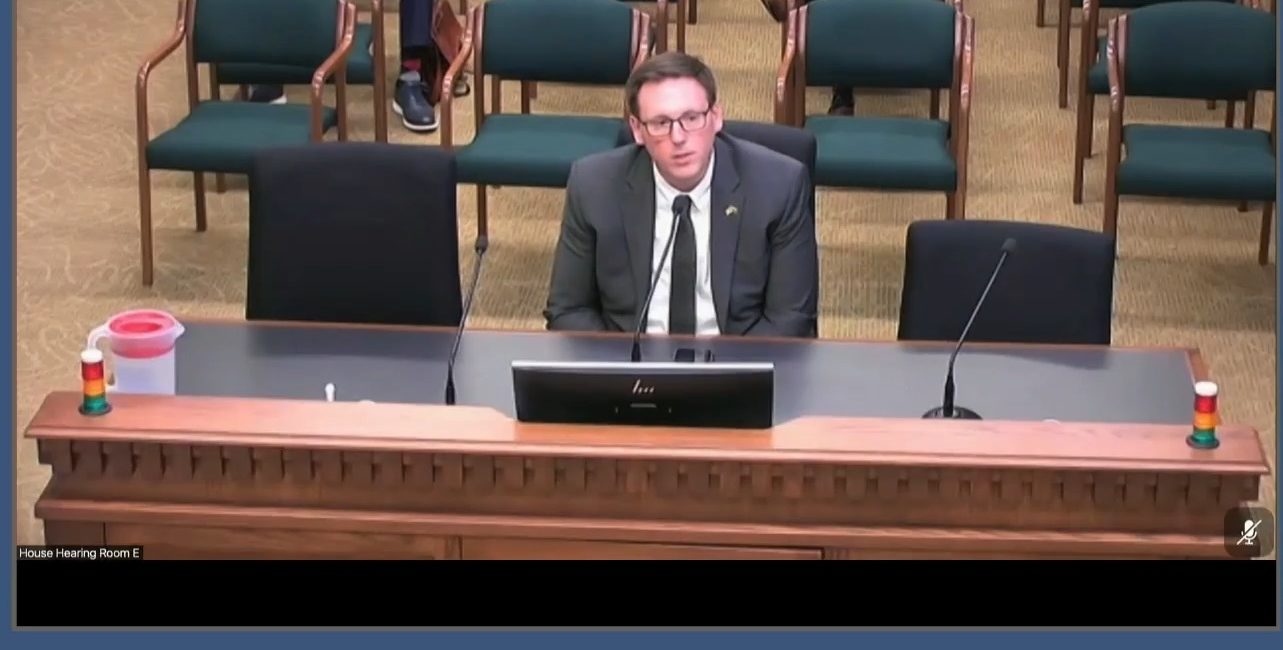Rep. Waters’ fish barrier bill moves forward

House Bill 2045 from 17th District Rep. Kevin Waters, R-Stevenson, took another step closer to becoming law this week. If passed, the bill would help with the removal of fish barriers on lands owned by local governments by creating an “Adopt a Fish Barrier” program.
Through the program, local governments would be able to accept private donations, either money or property, which would be used to remove fish barriers.
The House Agriculture and Natural Resources Committee unanimously approved the bill Wednesday.
“This is a great way for the people of Washington to get involved in the process of removing fish barriers,” Waters said in a press release Wednesday. “It would give anyone who is passionate about salmon, or fish in general, more opportunities to make a real difference.”
Waters said the state has limited financial resources to overcome the numerous challenges that come with removing fish barriers. By allowing private citizens to get involved, Waters said state and local government can have a much bigger impact.
Cosponsoring the bill is fellow Republican and 17th District legislator Rep. Paul Harris and Democrats Rep. Mike Chapman, Rep. Joe Timmons and Rep. Kristine Reeves.
Under HB 2045, the state Recreation and Conservation Office would keep a list of projects suited to receiving private donations so individuals wanting to donate can select a project of their choice.
Donations of $10,000 or more would be recognized with a sign at the corrected barrier. Donations of $100,000 or more would be recognized with the sign and by a plaque signed by the governor with their name, the location of the project, the amount and year of the donation, and the fish species affected by removing the barrier.
“Thankfully, there are many people in Washington that care about this cause, and they want to help,” Waters said. “Allowing them to team up with the state to remove fish barriers on lands owned by local governments would give the state more resources to combat this issue. We need to do more to help our fish populations thrive, and this bill would do that.”
The bill next heads to the floor for a vote by the entire House of Representatives.
